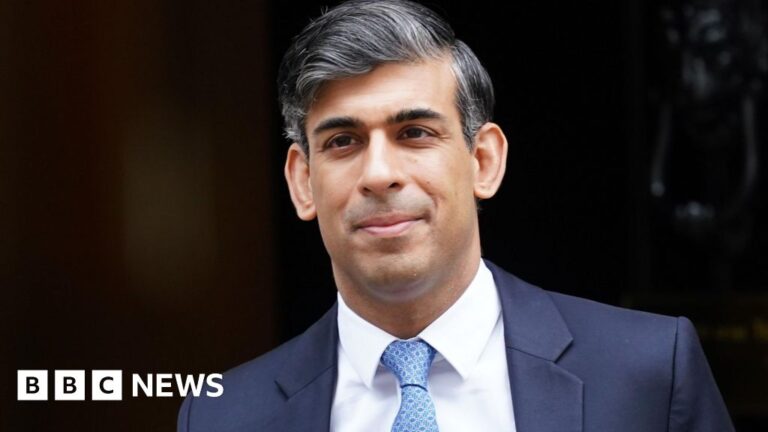The Conservative party is due to begin a three-month leadership search this week to choose Rishi Sunak’s successor, which is due to finish on November 2nd with the new Conservative leader being announced.
Nominations opened on Wednesday, with candidates needing the support of 10 MPs to advance to the first round of voting.
MPs will narrow the field down to four candidates, who will then have the opportunity to address party members at the Conservative party conference, which begins on September 29.
MPs will then narrow the field down to two candidates, with the ultimate winner chosen by an online vote by Conservative party members.
Shadow Home Secretary James Cleverley declined to comment on whether he would run for leadership in an interview with BBC Breakfast on Tuesday, but did not rule out the possibility.
“I have been focused on holding the new Labour government to account for my past work, which is very important and I will continue to do so. We’ll see what happens once nominations open,” he said.
Speaking to BBC Breakfast, he admitted his answer was “not no”.
“What I and others have thought about and will think about the leadership of our party is important, and there is a deadline for it, and I’m not going to get ahead of that deadline,” Cleverley said.
When asked who he would support if he did not field himself as the party’s leadership candidate, he said that was “tomorrow’s job.”
Mr Sunak’s ally, Shadow Work and Pensions Secretary Mel Stride, said he was “considering” standing for election.
On Monday, Sunak formally stepped down as Conservative leader, starting the process of selecting his successor.
He will remain as the party’s interim leader until a successor is appointed.
It has yet to be officially confirmed whether he will run.
But other potential leadership contenders include former immigration secretary Robert Jenrick, former home secretaries Suella Braverman and Priti Patel, shadow security secretary Tom Tugendhat and shadow communities secretary Kemi Badenoch.
Under the plan, up to 11 of the 121 surviving Conservative MPs would have a week to submit their nominations, with the first round closing on July 29.
Candidates can also use the summer vacation that starts next week to campaign.
MPs will narrow the field through a series of votes when Parliament returns in early September, with the goal of whittling it down to four candidates by the Conservative party conference at the end of the month.
Party member voting closes on October 31st.
According to the party, only members who have been members for more than 90 days before the polls close and who were active members when nominations began will be eligible to vote.
The BBC understands that Mr Sunak wanted to step down early to allow the party to move forward.
But Labour’s first budget, due in the autumn, looks set to see him remain in the job.
Mr Sunak said it was in the “national interest” for him to stay on in order to allow a “smooth and orderly transition of power” to a new Opposition leader.
“This will enable our party to play its role as the opposition in a professional and effective manner,” he said.
“I believe this is what’s best for the Conservative Party and, most importantly, for our country.”
“Our party is committed to having a respectful and thorough leadership debate,” said Bob Blackmun, who will oversee the selection of a new leader as chairman of the House Caucus’ 1922 Committee.
He added: “There are important debates to be had about the future of our party but we must remember that the public, and our party members, expect us to engage in proper debate, not personal attacks.”

